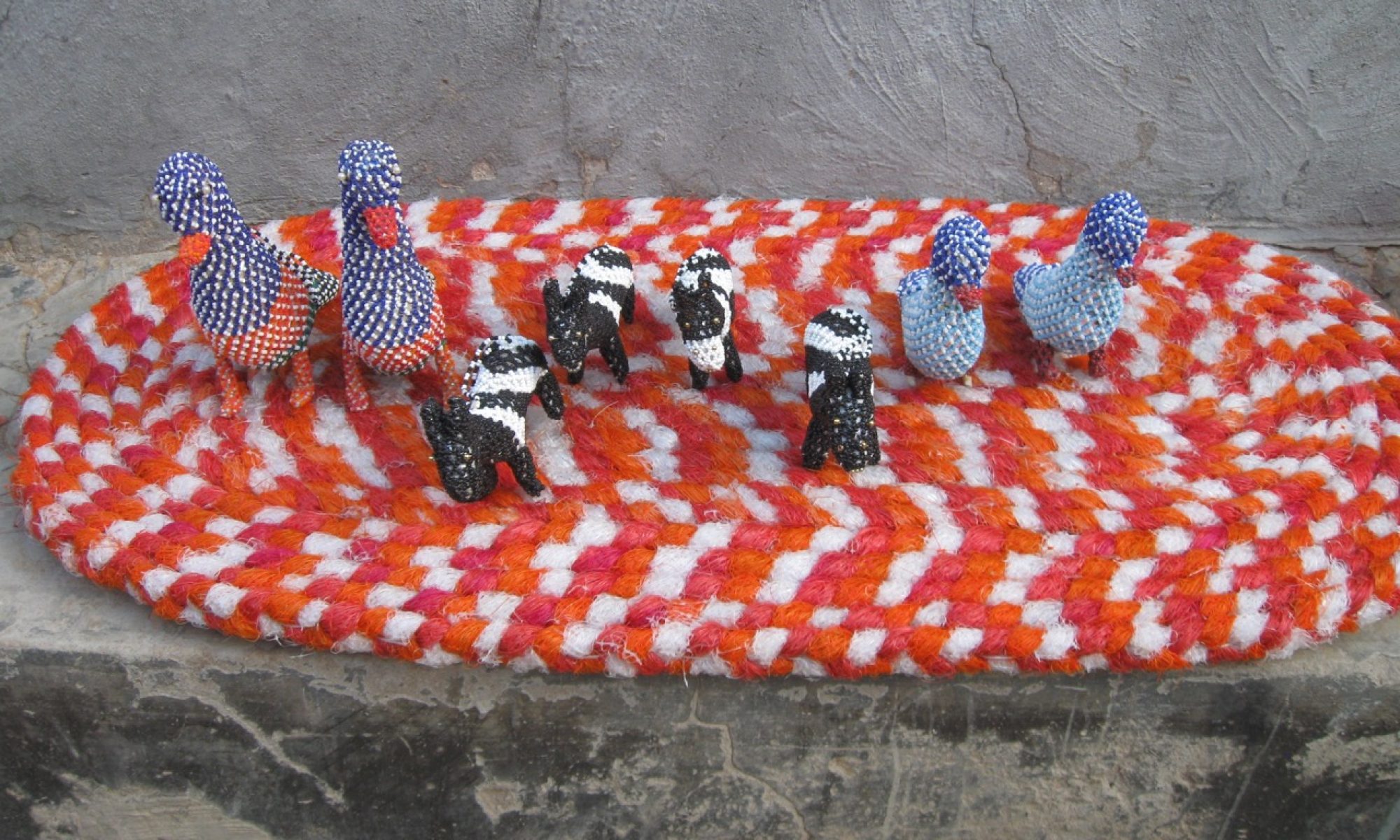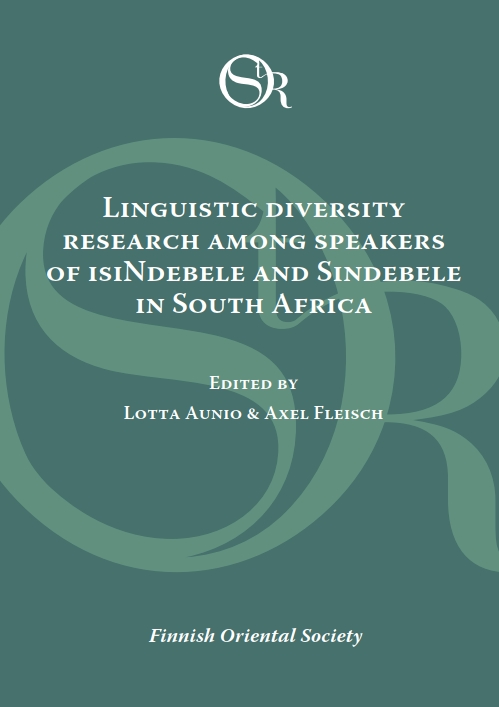A paper I co-authored with Axel Fanego (and congratulations are due to Axel on his marriage and new surnames!) has been published in a special issue of Studia Orientalia Electronica, edited by Malin Petzell, Leora Bar-El, and Lotta Aunio. Most of the papers in the issue were originally presented at the conference “The semantics of verbal morphology in underdescribed languages” at the University of Gothenburg in June, 2017, which feels almost like a lifetime ago now! The conference was fantastic from start to finish, and it’s exciting to see this tangible outcome.
Our contribution is called Constituency, Imbrication, and the Interpretation of Change-of-State Verbs in isiNdebele. In isiNdebele, as in some other Nguni languages, certain verbs have two forms with the “perfective” –ile suffix: one is “imbricated”, changing the verbal root, and one is normally suffixed. In at least some Nguni languages (e.g. isiZulu), it has been noted that imbricated perfectives have present-state readings with verbs describing state changes, while non-imbricated perfectives have state-change readings. For example, in isiZulu, imbricated u-lele ‘s/he is asleep’ contrasts with non-imbricated u-lal-ile ‘s/he fell alseep’. We found that in isiNdebele, while this same contrast is superficially present, the actual situation is more complex, with interpretations varying based on contextual factors and – importantly – tied to constituency and the conjoint/disjoint distinction.
Here is our abstract:
This paper describes the interplay of lexical and grammatical aspect with other grammatical phenomena in the interpretation of the aspectual suffix ‑ile (which we analyse as Perfective) in isiNdebele, a Nguni Bantu language spoken in South Africa. Crucial other phenomena include constituency-related factors such as the conjoint-disjoint distinction and (related) penultimate lengthening, along with morphophonological conditions that trigger different forms of ‑ile. These factors appear to interact differently in isiNdebele than they do in closely related Zulu, suggesting two different paths of grammaticalization, which we argue can change the interpretation of markers of grammatical aspect as they interact with lexical aspectual classes.





